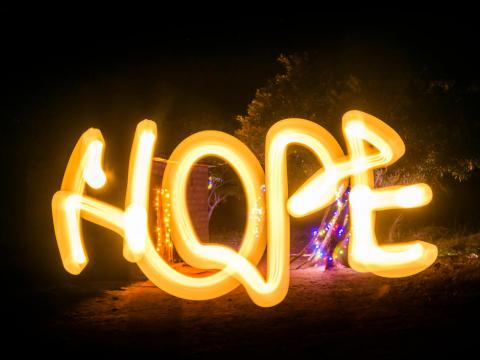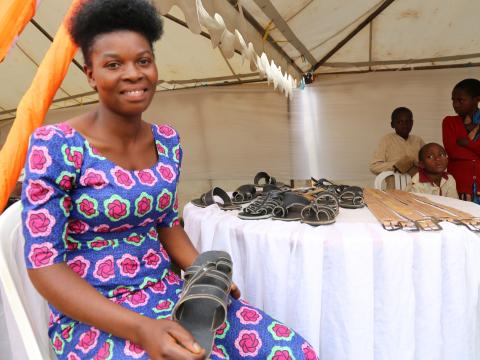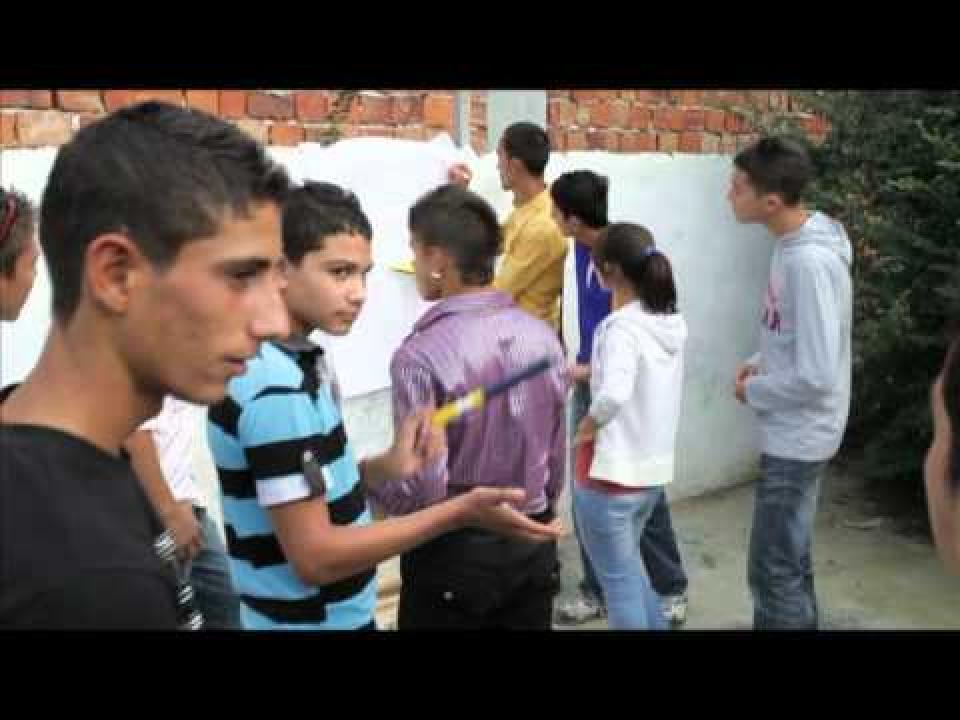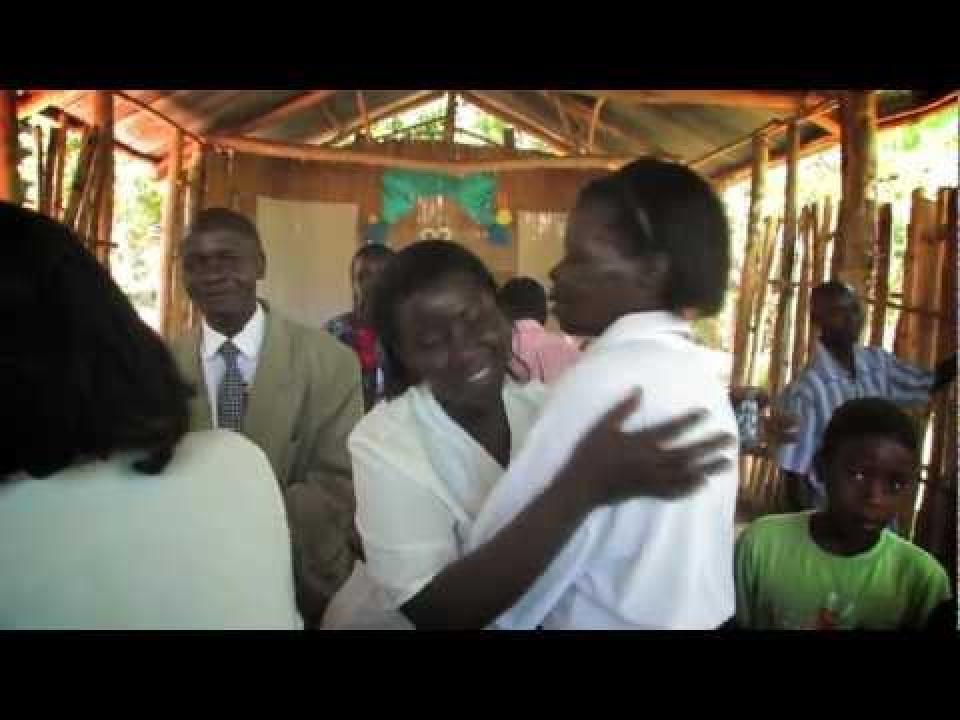
Three reasons to have faith in 2020
By Esther Lehmann-Sow, World Vision Partnership Leader, Faith and Development
We’re surrounded by it. “Time for a new start.” “Goodbye and good riddance 2019.” Ten-year challenges. Promises and resolutions to make the 20s count.
A new decade brings with it a renewed cause for hope. All we have before us is opportunity. What will we do with that opportunity, not just for ourselves but for the least of those among us?
I am full of hope. Not being a starry-eyed optimist, my hope is grounded in experience working for a Christian, humanitarian organisation, and the reality of God’s faithfulness. It’s grounded in witnessing and experiencing how God works through the thousands, yes thousands, of people of faith around the globe.
Here are just three of my reasons to hope:
1) We have a lot to learn
It’s hard to remember this at times. Harder still to even admit. But with a realisation that there is a better or different way of looking at something comes a reward – change. Ten years ago, I was leading World Vision’s work in Senegal, where we had a pilot programme focused on birth spacing; a tactic in reducing the deaths of mothers. The vast majority of women in the programme were Muslim, of course, as were many of our staff. Mbodi, our health manager, went to the mosque every Friday, and began talking with the imam about the project. The imam, motivated by what he had heard and in no doubt that this issue was causing the deaths of women in his community, started using the mosque loudspeaker to call families to the meeting we held every month; telling women and men to go and do what we were advising them to do. This was an eye opener for me. We had always worked with faith leaders, informing them about what were doing, primarily so they would allow our access to communities. But until then, I had not seen the potential in them to be the engine of change.
Recognising that we don’t know everything, that Christians are one of many instruments of blessing God uses, and always being open to different ways of doing things is what makes change possible. I saw this in Senegal, where the rate of mothers and children dying has continued to decline. That’s a reason to hope.
2) We have nothing to be embarrassed about
For the vast majority of people, faith shapes how they see the world. Faith informs mindsets and behaviours, for good and for ill. Yet for decades, we’ve been trained in a secular mindset in all of our technical aspects of development. I never wondered how my faith could help me to address entrenched attitudes and values that often prevent long-term progress.
Faith was kept in a box. For many secular people, faith was considered a leftover of lack of development, assuming that smart people don’t need faith any more. It was an arrogant, Western view, and an often unspoken attitude that was pervasive across disciplines and among those who drive decisions about where and how money is spent.
But this is changing, as UN and EU publications over the past few years reflect, and multiple projects and initiatives funded and supported by some of the world’s most influential donors illustrate. Donors and practitioners are learning the skills to understand the beliefs and mindsets that make children vulnerable, and to turn those into something positive to help foster child well-being. If faith is stopping women from going certain places, or dictates why things are done to children at certain ages, or if it means people are off limits or excluded, then understanding that means you include that in your approach.
It’s amazing encouragement to see how many donors – secular, atheists – are realising extinguishing faith is not helpful for development, that on the contrary, many of our goals will only be achieved by respectfully engaging with faith communities. Their interest and engagement is growing. We are enjoying having these conversations with donors and others waking up to this. They are a huge cause for hope.
3) We’re wising up to working together
The aid sector became fragmented over the past decade. Fragmentation weakens our ability to deliver for the most vulnerable children. The answer? Collaboration. It strengthens our collective ability, and helps to build trust. I am seeing more collaboration now, between people, sectors, partners, than I have seen in the last 20+ years.
Amid this is a growing awareness and understanding of collaborating with churches for sustainable child well-being. In World Vision, we’ve known for a long time the importance of doing this but we haven’t always advocated for it enough. Churches are already in the community when we get there, they will be there when we leave. They often share our holistic worldview, and passion for children. Though they might not have all the skills needed to leverage their leadership, we can work with them to build these. Engagement with and through Churches is growing in every context; fragile contexts, emergency responses, majority Christian and minority Christian. We and others are increasingly understanding and realising their enormous potential, and that fills me with hope.
We have ten years left to realise child well-being through the Sustainable Development Goals. As we get our teeth stuck in to 2020, and the decade ahead of us, there are more reasons to hope than we might think.
What are yours?


